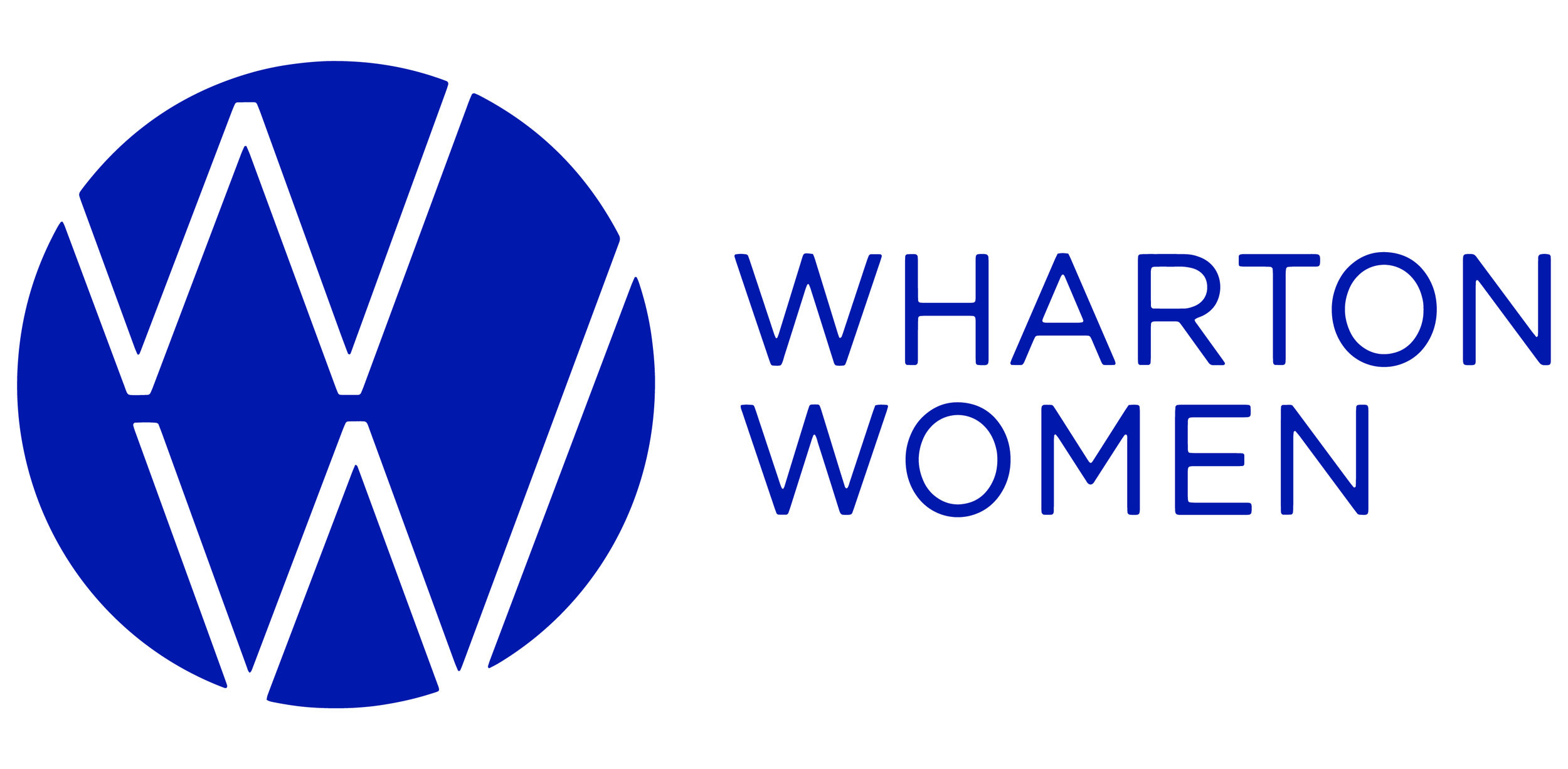Kathy Pomeroy W'06
Email: Feel free to contact Kathy at kathy.a.pomeroy@gmail.com
What did you study at Penn and when did you graduate?
I graduated in 2006 from Wharton and concentrated in management and real estate.
What were you involved with as an undergraduate?
I was a member of Wharton Ambassadors, the women’s water polo team, Phi Gamma Nu (a business fraternity), and Wharton Women.
What was your favorite part of Penn/Wharton?
Definitely the interesting, diverse people I got to meet and interact with. I lived in Gregory for two years and participated in the modern languages program, so not only did I get to interact with international students in class but also in my living area.
What internships/jobs did you hold during your time at Penn?
The summer after my freshman year, I interned at Shell Oil Company. I spent the next summer at UBS in their Wealth Management Services division. My junior year summer, I interned with Banc of America Securities, which was Bank of America’s investment banking arm that has since merged with Merrill Lynch.
Can you walk me through your career path post-grad?
After graduation, I was a Business Analyst at McKinsey’s Chicago office for 2 years. I then attended law school at Northwestern, after which I spent a little over a year and a half working at Foley Hoag, a Boston-based law firm. Afterward, I clerked for a federal district court in Hartford and a federal appellate court in Seattle. I then worked for WilmerHale, a large D.C. law firm. I am currently a member of the litigation team at the Federal Reserve.
What made you transition from consulting to law?
I always wanted to go to law school— that was the plan from day 1. Throughout my time at college, however, I had met and interviewed lawyers who were unhappy in the profession. I felt that McKinsey was a great way to gain exposure to opportunities in the business sector before committing to law school. It was a fantastic learning experience but wasn’t a natural fit for me. After I left consulting, I continued with my intended plans and ended up loving law school. It was a much better fit for my skills and interests. My current role is the perfect marriage of my legal and business backgrounds.
Can you talk a bit more about your job at the Federal Reserve?
The legal division at the Federal Reserve has over 100 attorneys, but the Board’s litigation team is one of the smallest groups— I am one of 4 attorneys. I represent the Board in any sort of contested matter, meaning any sort of legal challenge before a court or administrative body. This includes, for example, employment disputes and administrative rule challenges. The Department of Justice will occasionally ask about positions the federal government takes before the Supreme Court or Court of Appeals in cases that implicate the Federal Reserve System; it’s a unique opportunity to be able to contribute to litigation that will serve as precedent for years to come.
What has been the proudest accomplishment of your career?
Succeeding on the merits of a pro-bono appeal that I represented before the Ninth Circuit. I was the only author on the brief, interacted directly with the client, and flew out to California to argue before the panel of judges. It was a nerve-wracking, fun, and neat experience.
What has been the biggest challenge of your career?
When working at a large firm, my biggest challenge was finding the right exit opportunity that would offer a sustainable work-life balance but still allow me to learn and grow as a lawyer.
How has being a woman affected your career trajectory?
I don’t think being a woman specifically has affected my trajectory. Rather, choosing to become a parent impacted my career decisions. I wanted a role in which I wasn’t traveling all the time and could ultimately be in a long-term position where I would have a good work-life balance. For example, McKinsey’s model is based on traveling to the client, which is great when you’re 22 but not so much at 32. I used to think I wanted to be a trial attorney, but the hours and travel are brutal. I’ve found that my current role as an attorney working for the government is a place where I can continue to grow as a person but still have a family.
What is one problem, issue, or idea that you think more people should know about?
People—and women in particular—should educate themselves about personal finance issues. Many of my friends and colleagues are so smart and talented, but literally leave money on the table when it comes to personal finance decisions. Examples include failing to max out a 401k (budget permitting) or shop around for mortgage interest rates; neglecting to set up tax-saving vehicles like an HSA, dependent care FSA, or 529 accounts; or paying for financial services that they could perform themselves with a little bit of knowledge about the topic, such as completing simple tax returns and transmitting nanny payroll payments.
Any advice for our members as they start their professional journies?
When you are starting out in your career, don’t be afraid to take risks and choose the path less traveled. In particular, don’t limit yourself geographically— you never know where a great opportunity lies.
